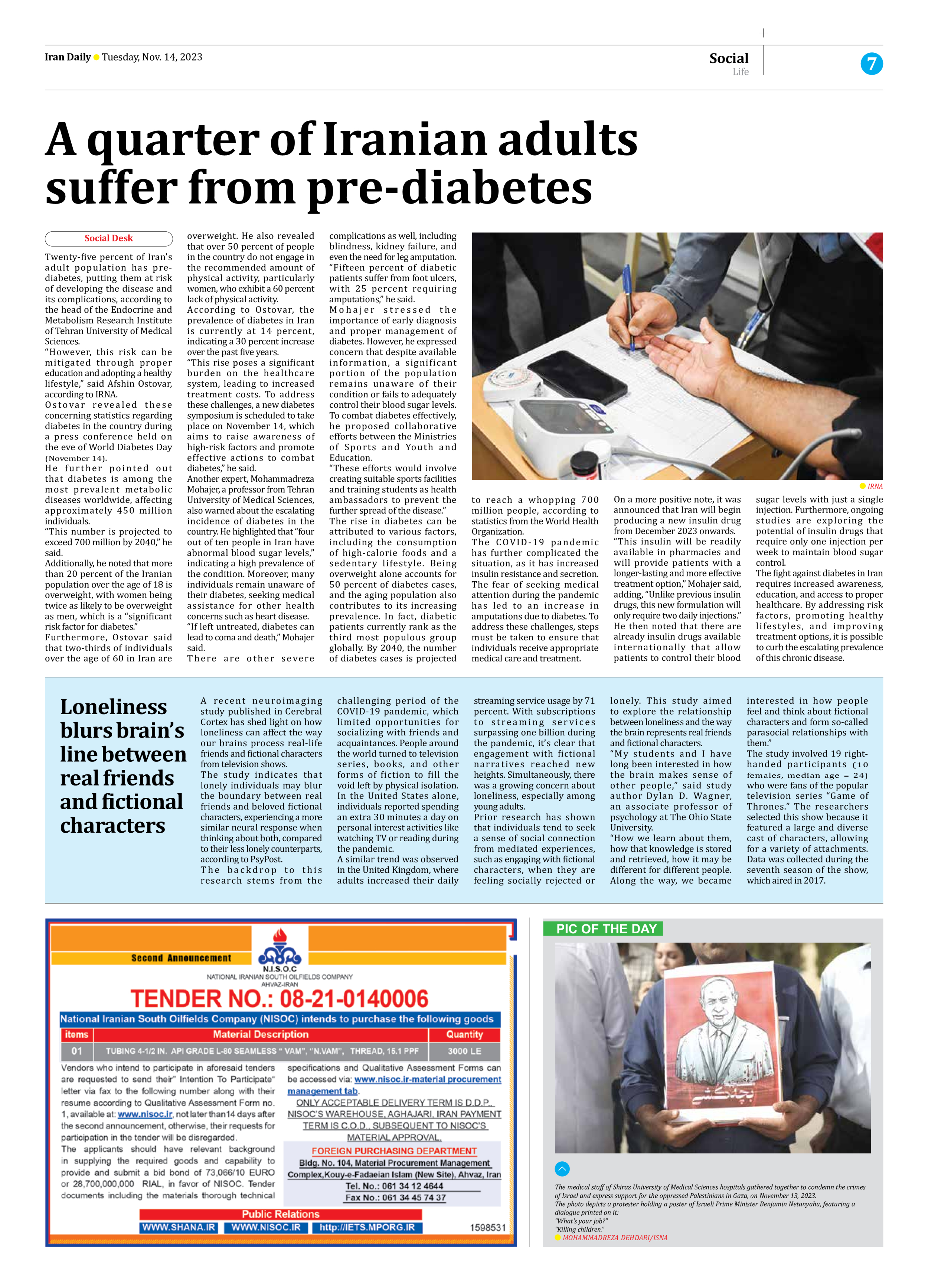
Loneliness blurs brain’s line between real friends and fictional characters
A recent neuroimaging study published in Cerebral Cortex has shed light on how loneliness can affect the way our brains process real-life friends and fictional characters from television shows.
The study indicates that lonely individuals may blur the boundary between real friends and beloved fictional characters, experiencing a more similar neural response when thinking about both, compared to their less lonely counterparts, according to PsyPost.
The backdrop to this research stems from the challenging period of the COVID-19 pandemic, which limited opportunities for socializing with friends and acquaintances. People around the world turned to television series, books, and other forms of fiction to fill the void left by physical isolation. In the United States alone, individuals reported spending an extra 30 minutes a day on personal interest activities like watching TV or reading during the pandemic.
A similar trend was observed in the United Kingdom, where adults increased their daily streaming service usage by 71 percent. With subscriptions to streaming services surpassing one billion during the pandemic, it’s clear that engagement with fictional narratives reached new heights. Simultaneously, there was a growing concern about loneliness, especially among young adults.
Prior research has shown that individuals tend to seek a sense of social connection from mediated experiences, such as engaging with fictional characters, when they are feeling socially rejected or lonely. This study aimed to explore the relationship between loneliness and the way the brain represents real friends and fictional characters.
“My students and I have long been interested in how the brain makes sense of other people,” said study author Dylan D. Wagner, an associate professor of psychology at The Ohio State University.
“How we learn about them, how that knowledge is stored and retrieved, how it may be different for different people. Along the way, we became interested in how people feel and think about fictional characters and form so-called parasocial relationships with them.”
The study involved 19 right-handed participants (10 females, median age = 24) who were fans of the popular television series “Game of Thrones.” The researchers selected this show because it featured a large and diverse cast of characters, allowing for a variety of attachments. Data was collected during the seventh season of the show, which aired in 2017.







